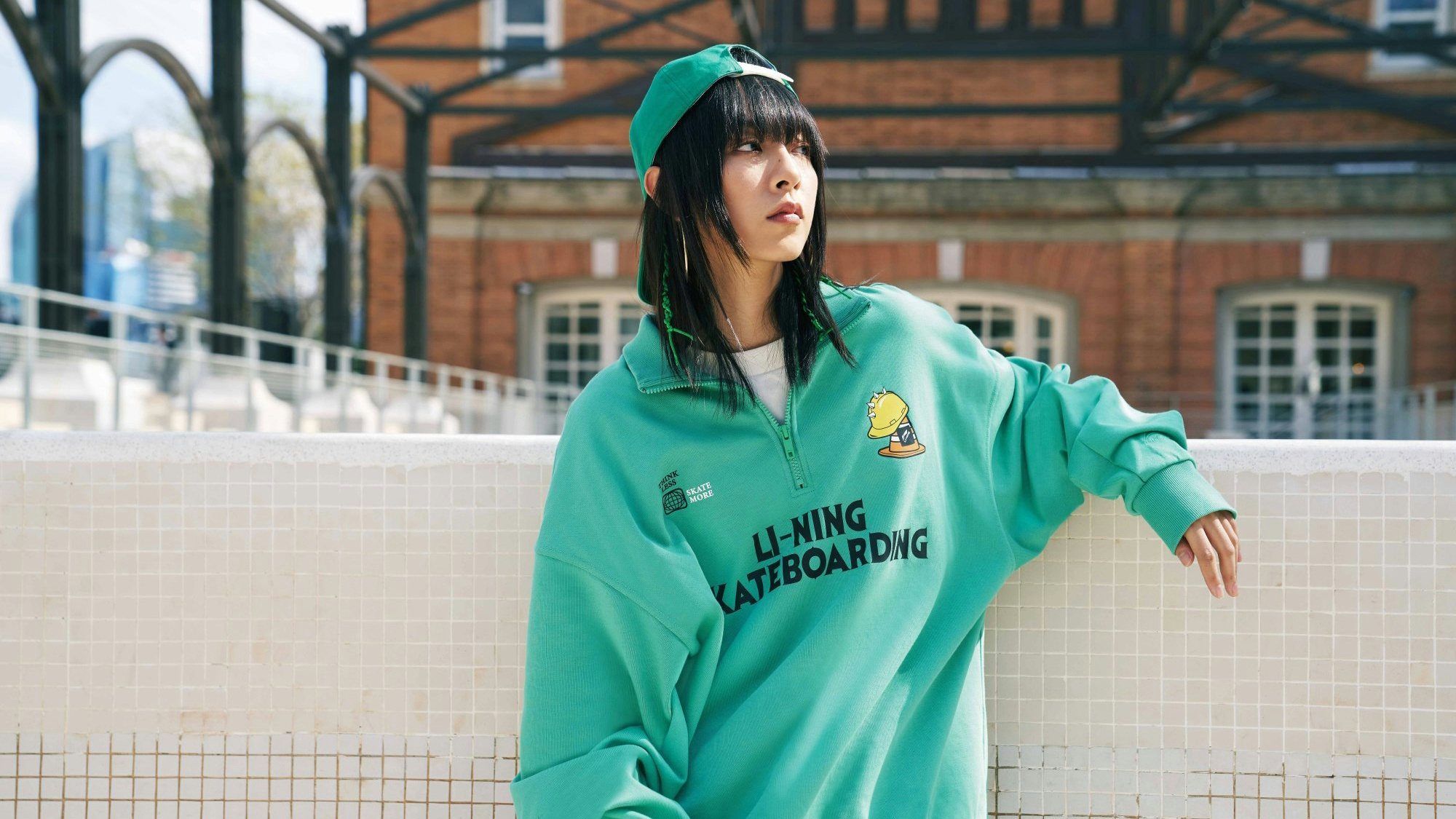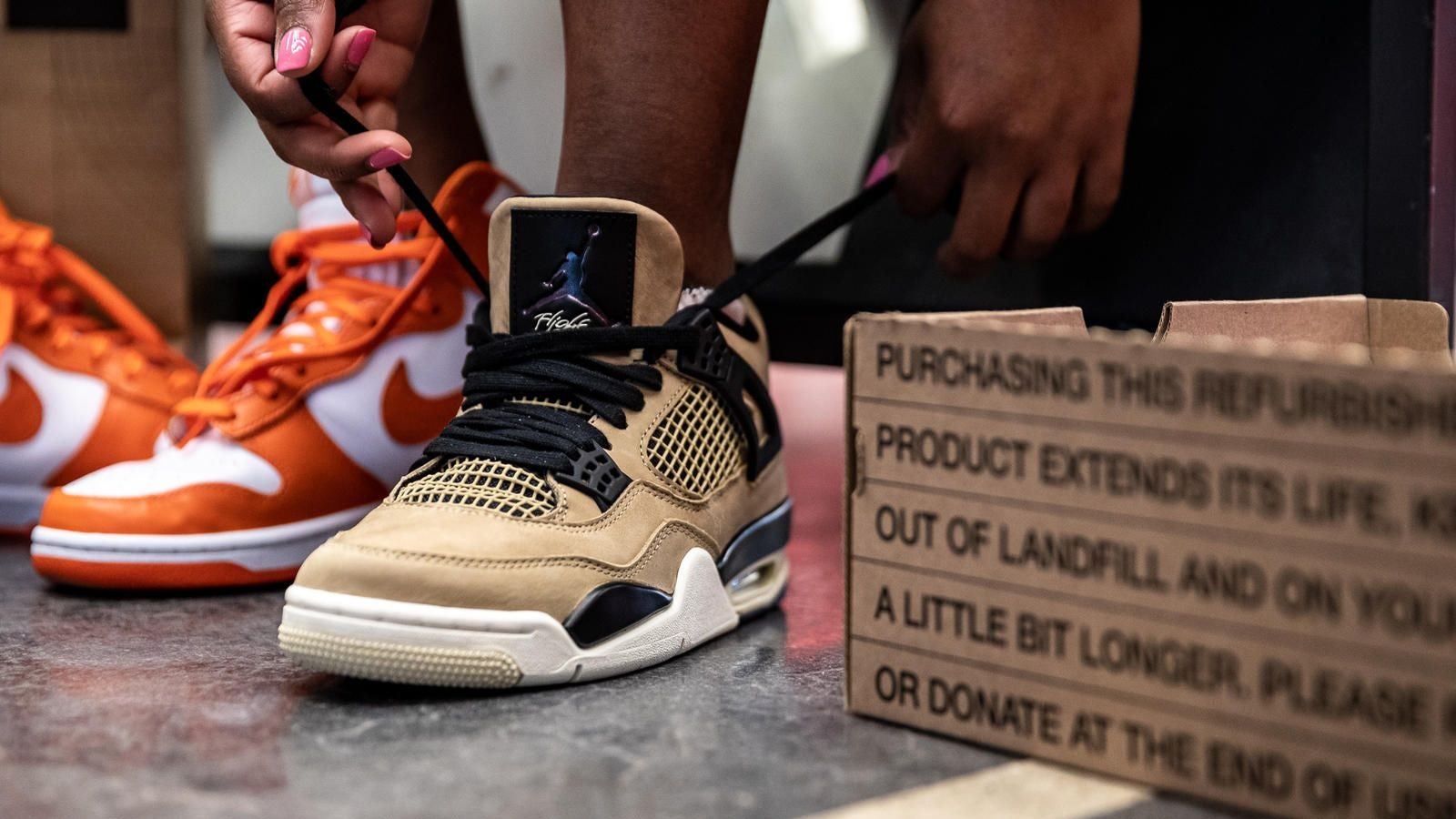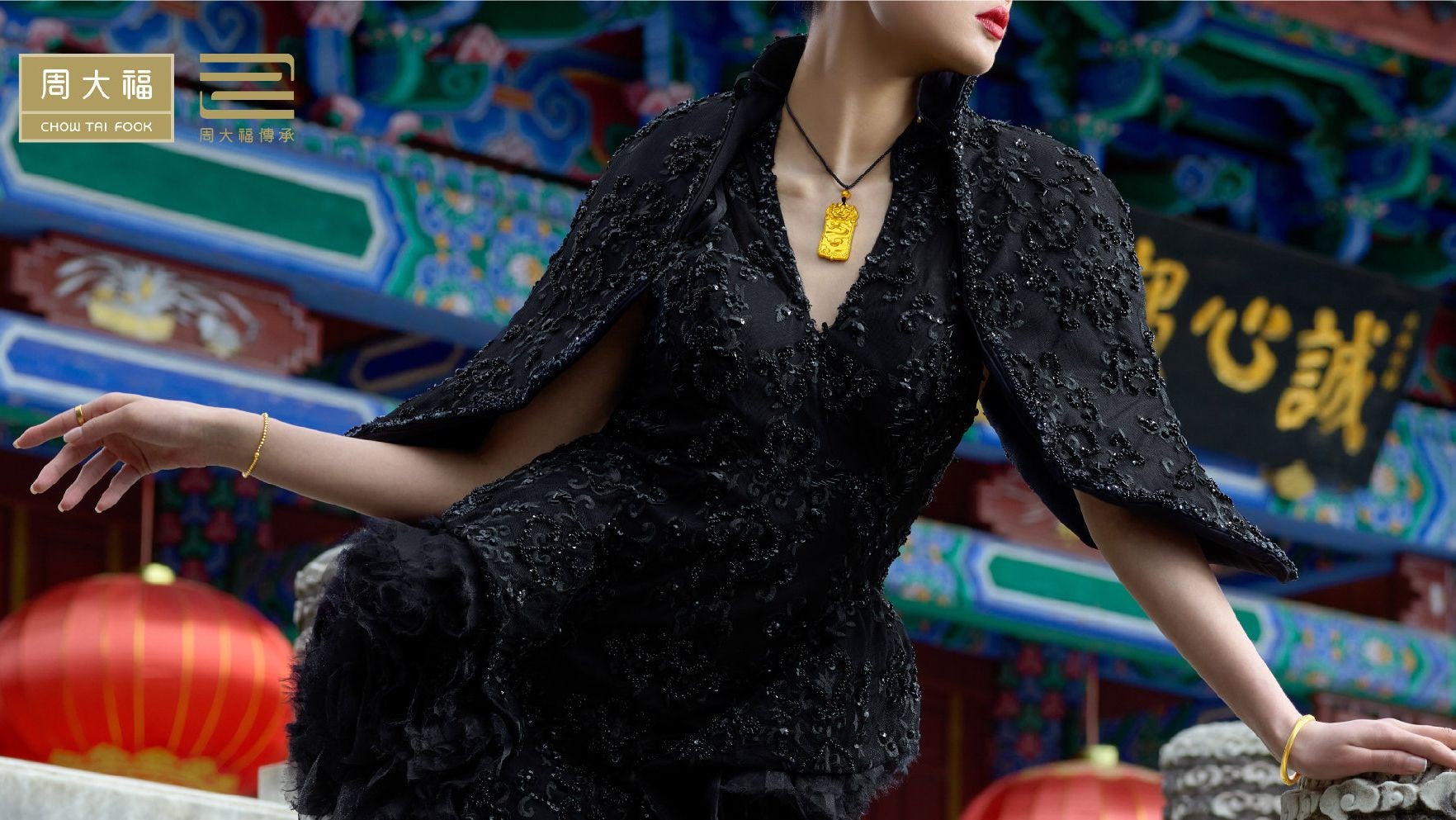For an eighth consecutive year, Nike has come out on top. The sportswear titan retains its title as the world's most valuable apparel brand, growing 9 percent in value to 33.2 billion this year, according to a new report by brand valuation consultancy, Brand Finance. The sneaker giant known for its Swoosh is followed by Louis Vuitton, Gucci, Chanel, adidas, Hermès, Zara, Hamp;M, Cartier, and Uniqlo.
However, it is the smaller sportswear players that are the scrapiest. Although Nike, adidas, and Puma boast higher brand values, Li-Ning was named the fastest growing brand of 2022 (tied with Sketchers), up 68 percent to a valuation of 2 billion. The company founded by China’s “Prince of Gymnastics” also entered Brand Finance’s list of top 10 strongest apparel brands — which measures marketing investment, stakeholder equity, and business performance — for the first time at No. 9.
For Li-Ning, this success comes down to two factors: one, China, like the rest of the world, has experienced an accelerated boom in athleisure and fitness during the pandemic. This trend, along with policy support for the sports sector and a local preference for homegrown brands, has helped the athletic apparel maker skyrocket in growth. In fiscal 2021, Li-Ning saw total revenue jump 56 percent to 3.5 billion (22.57 billion RMB).
Two, Li-Ning has diversified its marketing efforts, collaborating with a variety of partners and platforms to reach the “fashionable segments among young consumers.” Recent initiatives include hosting a product lucky draw during the Chinese Basketball Association Finals, organizing a half-marathon training camp to promote its “Yueying” running shoes, creating an exclusive IP series for female consumers, and, perhaps most notably, signing mega-popular actor Xiao Zhan to be a global spokesperson.
Among the top 50 most valuable brands, Li-Ning isn’t the only Chinese company to be recognized. Entering the ring with some of the world’s biggest heavyweights are Chow Tai Fook (No. 15), Anta (No. 17), Lao Feng Xiang (No. 42), and Bosideng (No. 48). With five names on the list, China’s brand value comes out to 15.3 billion, which is five percent of the total 2022 rankings. Like Li-Ning, these brands have not only ramped up their marketing efforts and retail networks but have also begun branching out to global markets.
Interestingly, absent from the rankings was Shein. The Chinese fast-fashion retailer, famous for its aggressive social media marketing, was valued at 100 billion in a recent funding round, making it worth more than Zara and Hamp;M combined. Last year, it even overtook Amazon to become the most downloaded shopping app in the US, pointing to its global dominance.
But while Shein is on the up-and-up, the other fast fashion houses included in the report paint a different picture of the industry. Zara, Uniqlo, and Primark were all down in value, according to Brand Finance, as they rely on physical stores for high volumes of sales. “Fast fashion apparel brands faced difficulty with the fundamental disruption of their brand model as the difficulty of selling low-margin products online is further exacerbated by the additional logistics and delivery costs,” the agency stated.
Although Li-Ning is bolstered by the sportswear wave, it still has a long ride ahead before it can rub shoulders with Louis Vuitton and Gucci (in terms of brand value, it sits at No. 44). That said, it shouldn’t be overlooked either: with only 1.1 percent of revenue coming from overseas markets, the Beijing-based company announced plans last October to sell 1.35 billion worth of new shares to raise capital for international expansion.
And given that Li-Ning has achieved its current success almost solely from China, future rankings could look a lot different if it manages to gain footing abroad.



